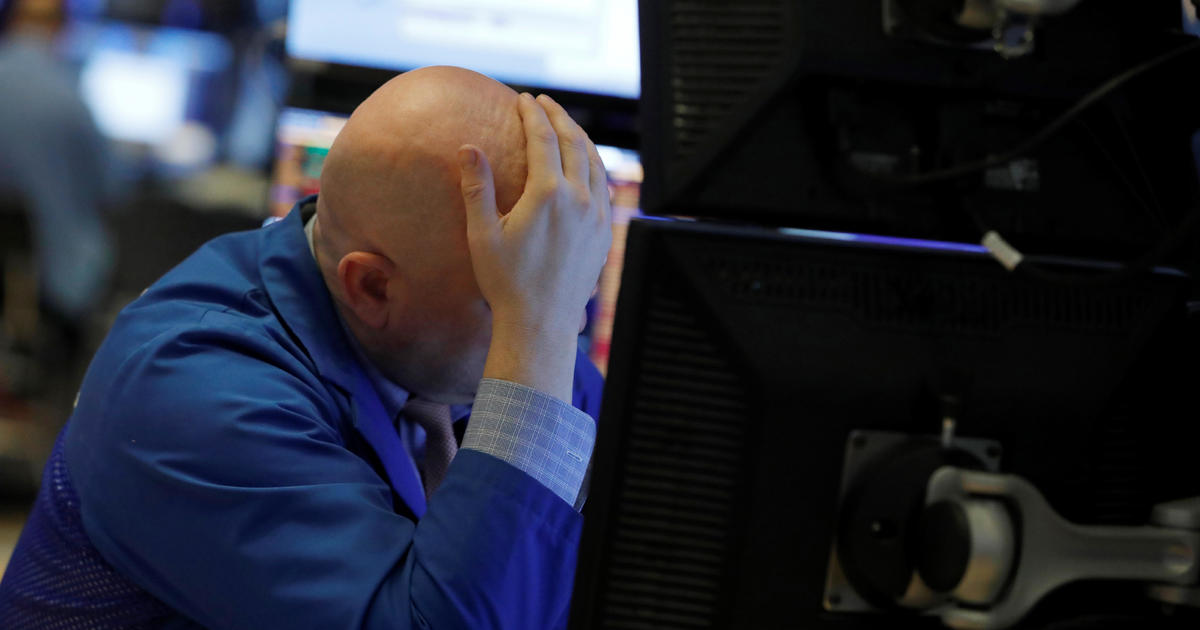Stock markets plunged again Sunday night after the U.S. Senate failed to pass a procedural vote for a trillion-dollar-plus stimulus plan to combat the economic damage from efforts to limit the spread of the novel coronavirus.
The drop is reminiscent of a key moment in the 2008 financial crisis when the Dow Jones industrial average tumbled 1,000 points after Congress failed to pass an early plan in September of that year to bail out the financial system.
Futures markets were indicating the Dow could drop more than 900 points when stocks open Monday on Wall Street.
Many Asian markets opened sharply lower Monday morning, with indexes in Hong Kong and South Korean down more than 5%. The Australian stock market was down more than 8%. However, stocks in Japan opened higher.
Wall Street expectations for the economic damage from the coronavirus pandemic have worsened significantly in the past week. Bank of America, for instance, expects a 15% drop in GDP in the next quarter, or three times the worst drop in GDP during the Great Recession.
That’s why Wall Street and investors are focused on stimulus efforts out of Washington. Lawmakers seemed to be moving forward on $2 trillion in spending to aid the economy. But that effort stalled Sunday night with a failed vote and Congress going back to negotiations.
Bank of America analysts, however, expect any coronavirus downturn to be much shorter lived than the one that started in 2008.



















